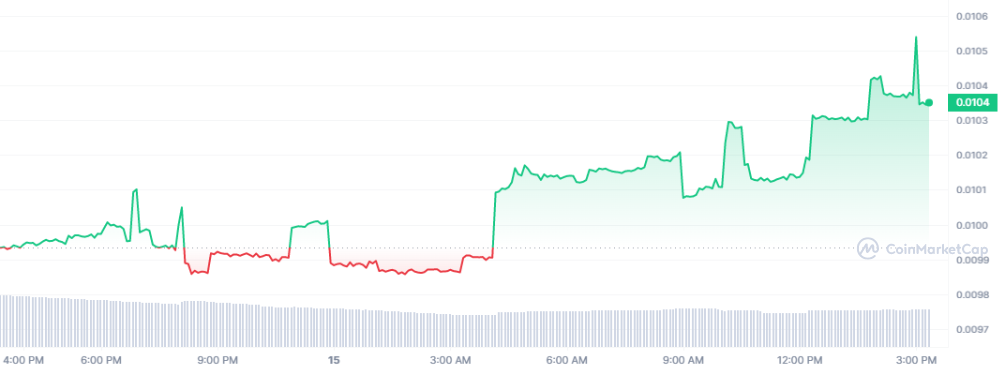The US Securities and Exchange Commission (SEC) wants to regulate the amount of fines on an altcoin project. Here are the details…
SEC reduces penalty to $111,000 for altcoin LBRY
The US Securities and Exchange Commission (SEC) is seeking to revise the $22 million fine on crypto startup LBRY to $111,614, according to court documents. The regulator cited LBRY’s “lack of funds and nearly bankrupt status” as the reason for withdrawing its previous fine request. cryptocoin.com As we reported, in March last year, the SEC sued LBRY alleging that the sale of local LBRY loans (LBC) violated federal securities laws. In November, a New Hampshire judge ruled that the startup violated securities laws by failing to register with the SEC.

LBRY founder Jeremy Kauffman has previously said that this lawsuit could impact the broader crypto industry as the company argues that LBC is not a security. Ripple Labs has a similar defense as it faces SEC charges for its $1.3 billion sale of XRP tokens.
The SEC’s request to redress the penalty also argued that LBRY should be “ordered”, at least until it carries out its plans to dissolve the company and burn the LBC tokens. The company previously argued that the SEC’s $22 million fine was unwarranted, comparing that amount to the regulator’s $5 million settlement in its lawsuit against Kik for the unregistered sale of $100 million tokens.

LBRY coin in action
With this development, LBRY Credits (LBC) jumped on a daily basis. The coin managed to rise from $0.009855 to $0.01054. It’s changing hands at $0.01035 at the time of writing. The cryptocurrency broke its latest record almost 7 years ago, on June 14, 2016. It was trading at $2.50 at the time. In particular, the negative impact of the regulators’ focus on the coin is evident in price movements.

Library Credit (LBRY) was a platform aimed at simplifying the way digital content is distributed and accessed by both consumers and producers. Library Credit planned to use a decentralized model to be fair, free and open to all interested parties. More specifically, the platform functions as a distributed network built on a protocol that makes it easy for publishers to charge content consumers without the need for censors or intermediaries.
Library Credit uses the concept of a decentralized and distributed network (between several hosts) to create a content sharing crypto platform that offers a level playing field for all participants. It specifically aims to solve some of the major issues (such as censorship, abuse of user privacy, unfair revenue sharing formula) affecting companies that offer similar services.







